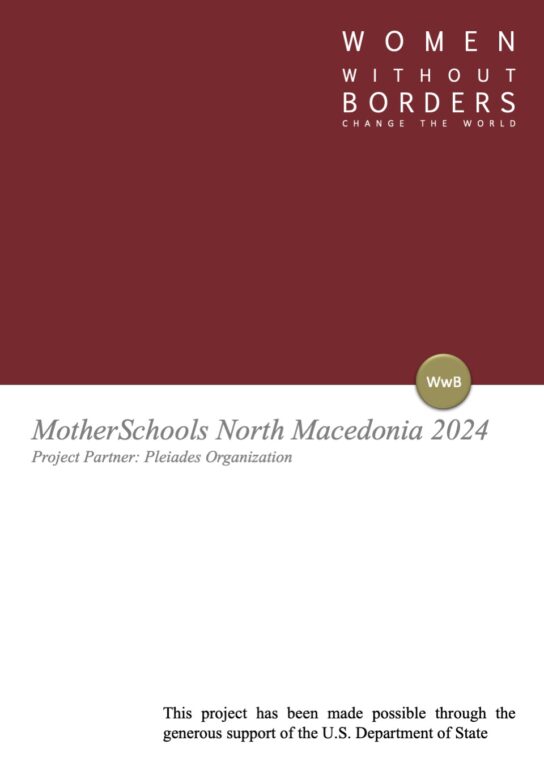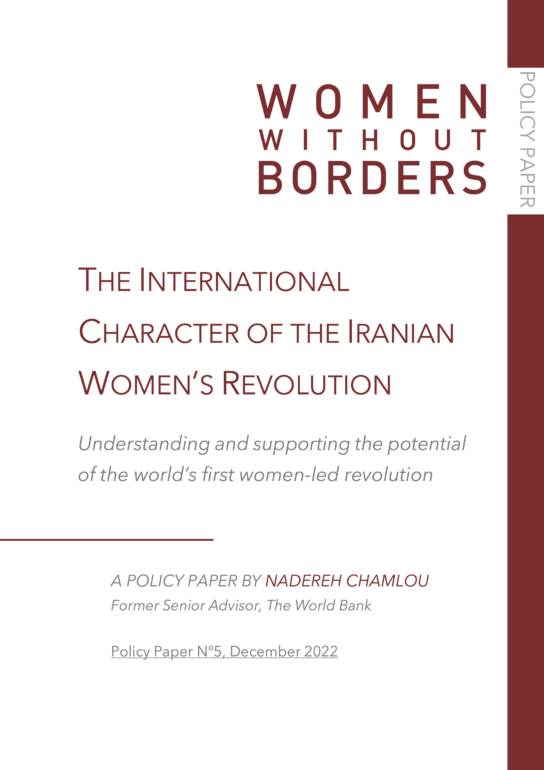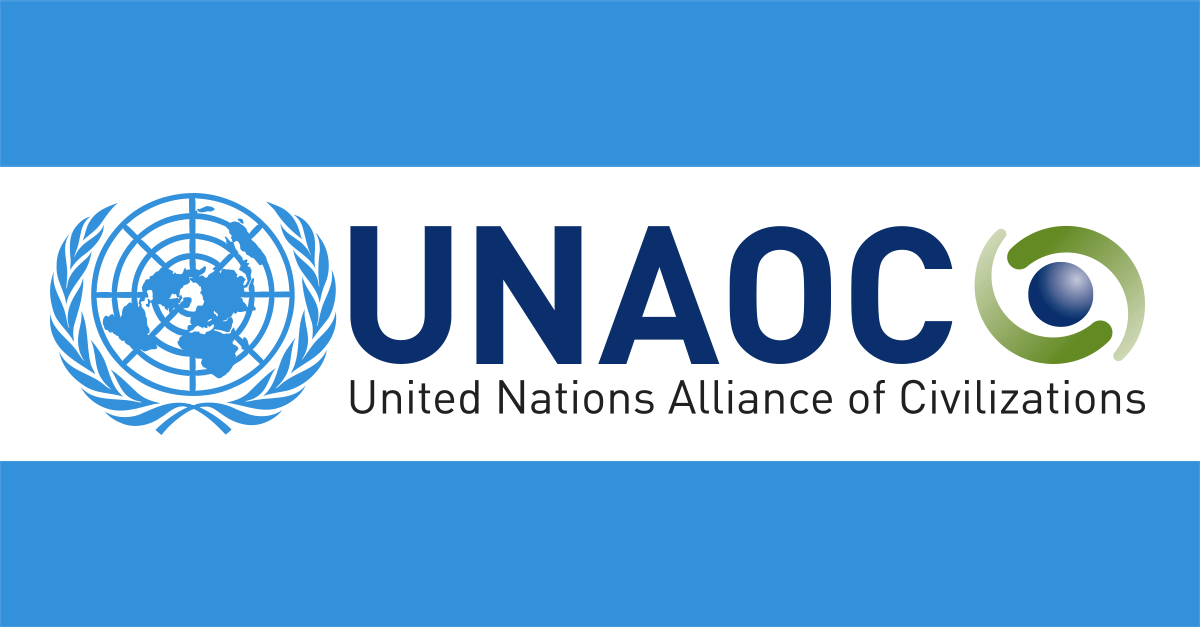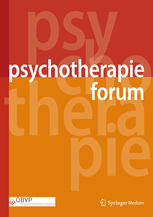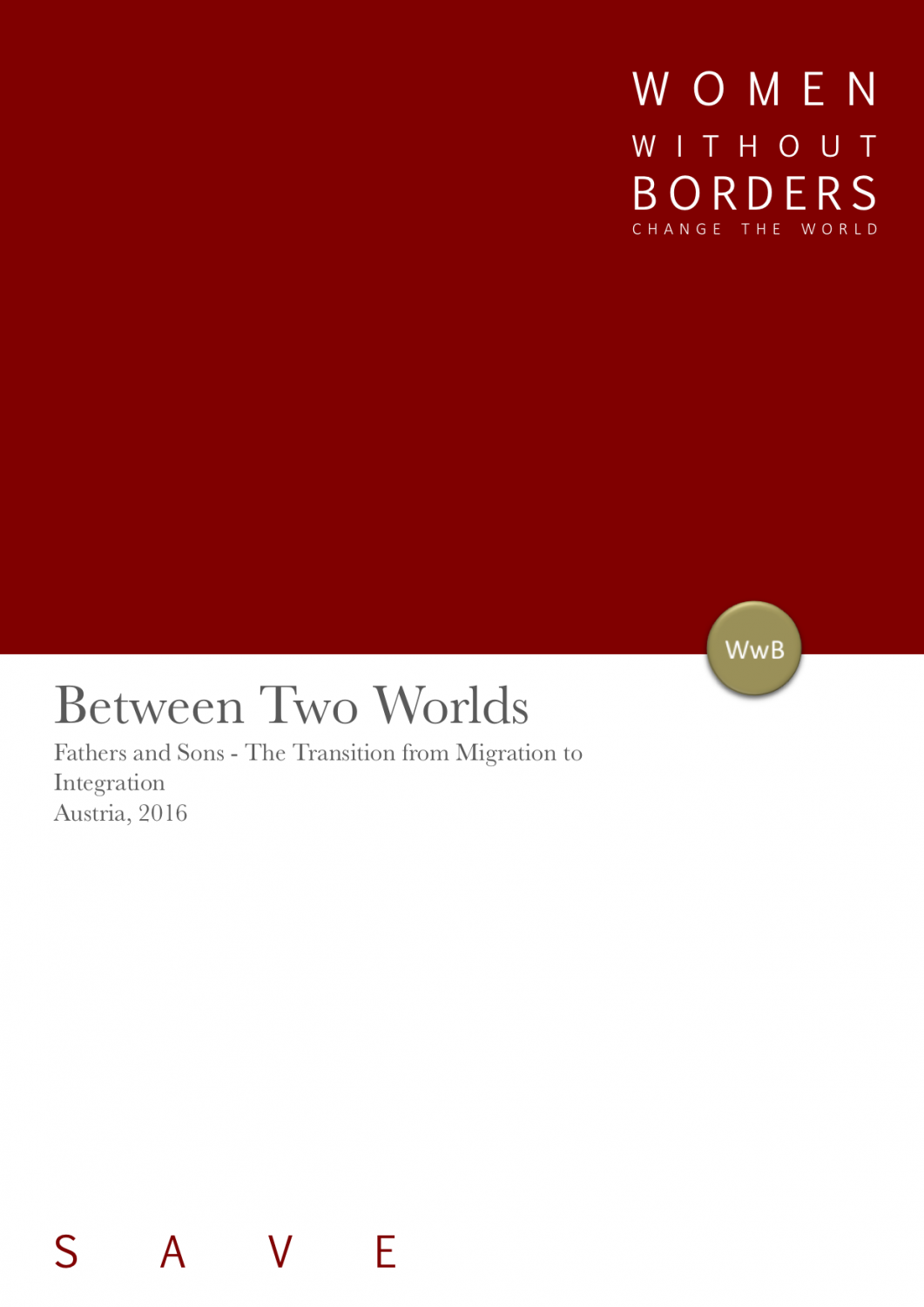Between 2022-2024, WwB implemented two iterations of its ‘MotherSchools: Parenting for Peace’ Model in North Macedonia with its local partner Pleaides Organization. The programme in North Macedonia, which is part of a multi-country project supported by the U.S. Department of State, saw six groups convene over the course of two years across three municipalities: Butel, Chair, and Saraj. This impact report offers an overview of the MotherSchools project in North Macedonia, introduces WwB’s impact model, and presents the impact findings based on quantitative and qualitative data from the perspectives of project stakeholders, including Participants, Teachers, and Notetakers.
An increasingly polarised world is stimulating the spread of violence and extremism. Extremists meanwhile are adapting to shifting circumstances and local contexts with ever greater ingenuity. The targets of recruiters tend to be vulnerable individuals who have yet to find their footing in society. Young people in search of their identity are particularly vulnerable to the manipulation tactics of extremists and may lack critical thinking. Recruiters offer simplistic answers to complex realities, and a sense of belonging and structure within the framework of extremist groups. As such, individuals are most susceptible to extreme ideologies when they tend still to be living at home. Family members, particularly mothers, are thus uniquely positioned to pick up on nascent signs of radicalisation and disrupt cycles of violence. Being situated at the home front with the closest proximity to at-risk adolescents, mothers can be a barrier to recruiters as first responders to their children. As witnesses to even the smallest changes in behaviour, mothers are essential to any prevention strategy. Contemporary security approaches, however, have yet to adequately embrace this understanding when building the human security architecture to prevent the spread of violence and extremism, while the potential for two billion mothers as peacebuilders continues to be overlooked.
Executive Summary: Participant Perspectives
Below is an overview of some of the key findings from the perspective of the Participants who went through the programme, receiving approximately 40 hours of training in PVE (preventing violent extremism), childhood development, security, peacebuilding, and communications.
Confidence | Before joining MotherSchools, Participants observed a decline in their self-confidence during motherhood. Through the sessions, they learned to recognise and appreciate their strength and value as women and mothers, empowering them to speak up and protect their children.
Competence in Parenting | Participants voiced concerns about how to raise their children. By applying the lessons learned in MotherSchools, they are now able to build stronger, more open relationships with their children and feel confident in guiding them positively as they grow.
Competence in PVE | Participants previously did not perceive radicalisation and extremism as issues affecting their country. After exploring these topics in MotherSchools, they articulated an understanding that these threats are indeed present in their communities. They now recognise the crucial role that they, as mothers, can and should play in safeguarding their children.
Applying the Knowledge | Participants shared concern about their children going down the wrong path. After learning about how to recognise early warning signs, the developmental stages and communication methods in MotherSchools, they feel empowered to make a positive impact and guide their children away from present threats.
Breaking the Silence | The topics of radicalisation and extremism were seldom talked about before the programme. After MotherSchools, Participants declared the importance of addressing these issues openly and are actively working to break these taboos and foster open discussions about these critical topics.
Leadership | Participants expressed a desire to share their newfound knowledge with others to drive change and lead by example. They showed enthusiasm to initiate conversations, raise awareness, and ensure that everyone understands how to effectively protect their children.
Trust | Before MotherSchools, Participants expressed worry that they would be judged if they shared their concerns or stories. Following the sessions, they reported having built a strong, judgment-free trust within their group, characterised by support and understanding.
Norms | Participants revealed that they often felt unsupported by their family and friends. After attending MotherSchools, they indicated that they had found a group of like-minded individuals who accepted them without judgement, strengthening their confidence and increasing support from their families.
Networks | Participants initially expressed scepticism about sharing their stories and concerns with other women. During MotherSchools, they quickly realised that the other mothers shared similar worries, allowing them to support and rely on each other for advice and guidance.
To read more on the impact of MotherSchools North Macedonia 2022-2024, read the full report.

